
Tuesday, March 5, 2019
12:30 PM – 1:45 PM
Chung-wen Shih Conference Room, Suite 503
Elliott School of International Affairs
1957 E Street, NW, Washington, District Of Columbia 20052
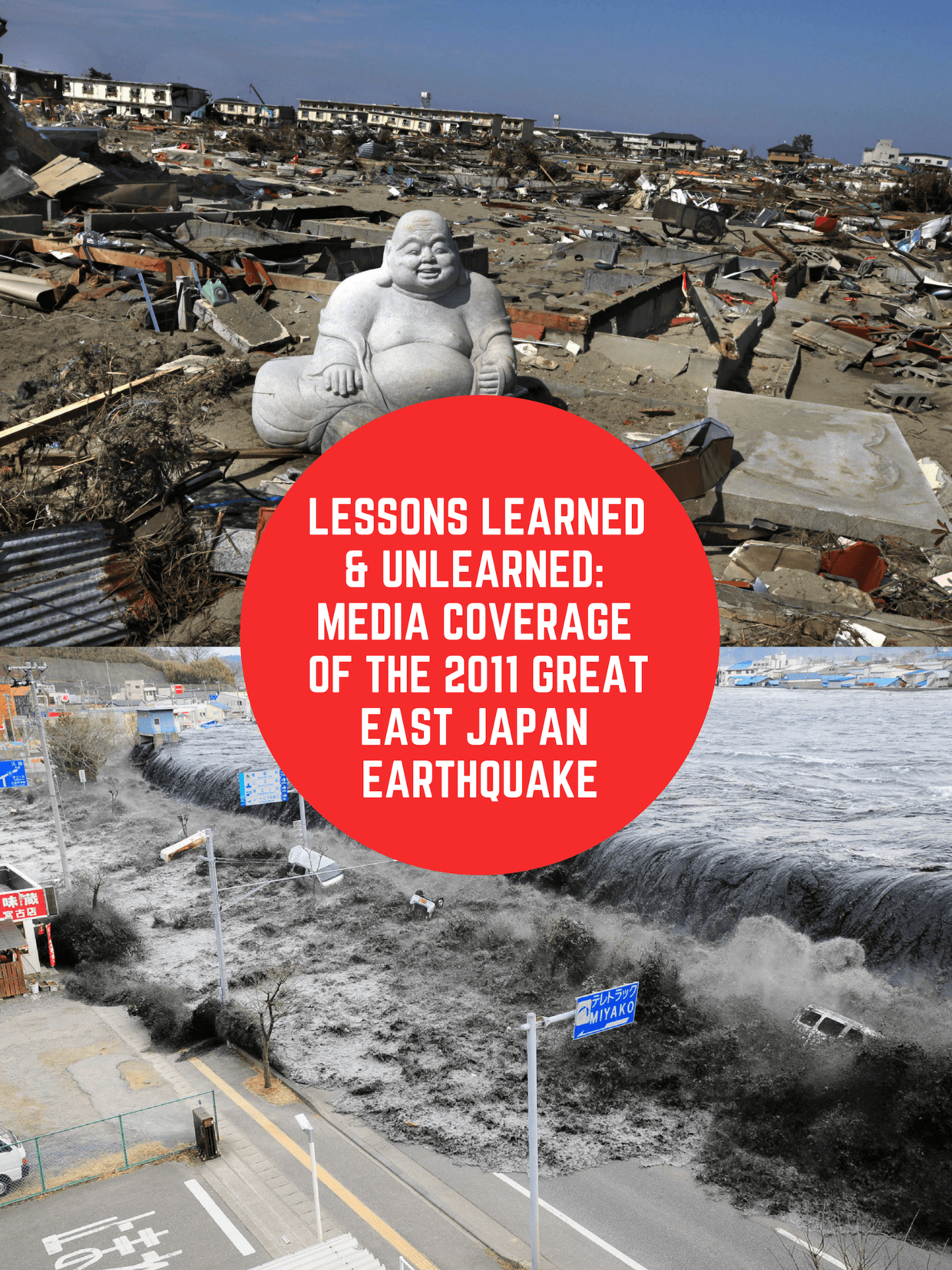
About the Event:
It has been almost eight years since Japan suffered from the Great East Japan Earthquake and Tsunami, and nuclear meltdown at Fukushima Daiichi plant in March 2011. What lessons have news media learned since then and how are they preparing for another highly possible huge disaster in a very seismic country? Professor Okumura is presenting based off of comprehensive and in-depth interview projects with newsroom executives at fourteen Japanese mainstream national media outlets. The findings reveal Japanese media’s weak journalism practice particularly in the early stages of the disaster, as well as their stagnation to remain in print and broadcasting rather than developing their capabilities on the internet and smartphone platforms. He extends his analysis to the implications on public trust toward media and the government, and the possible impact on Japanese society as well as Japan’s relations with the world in the case of another huge disaster.
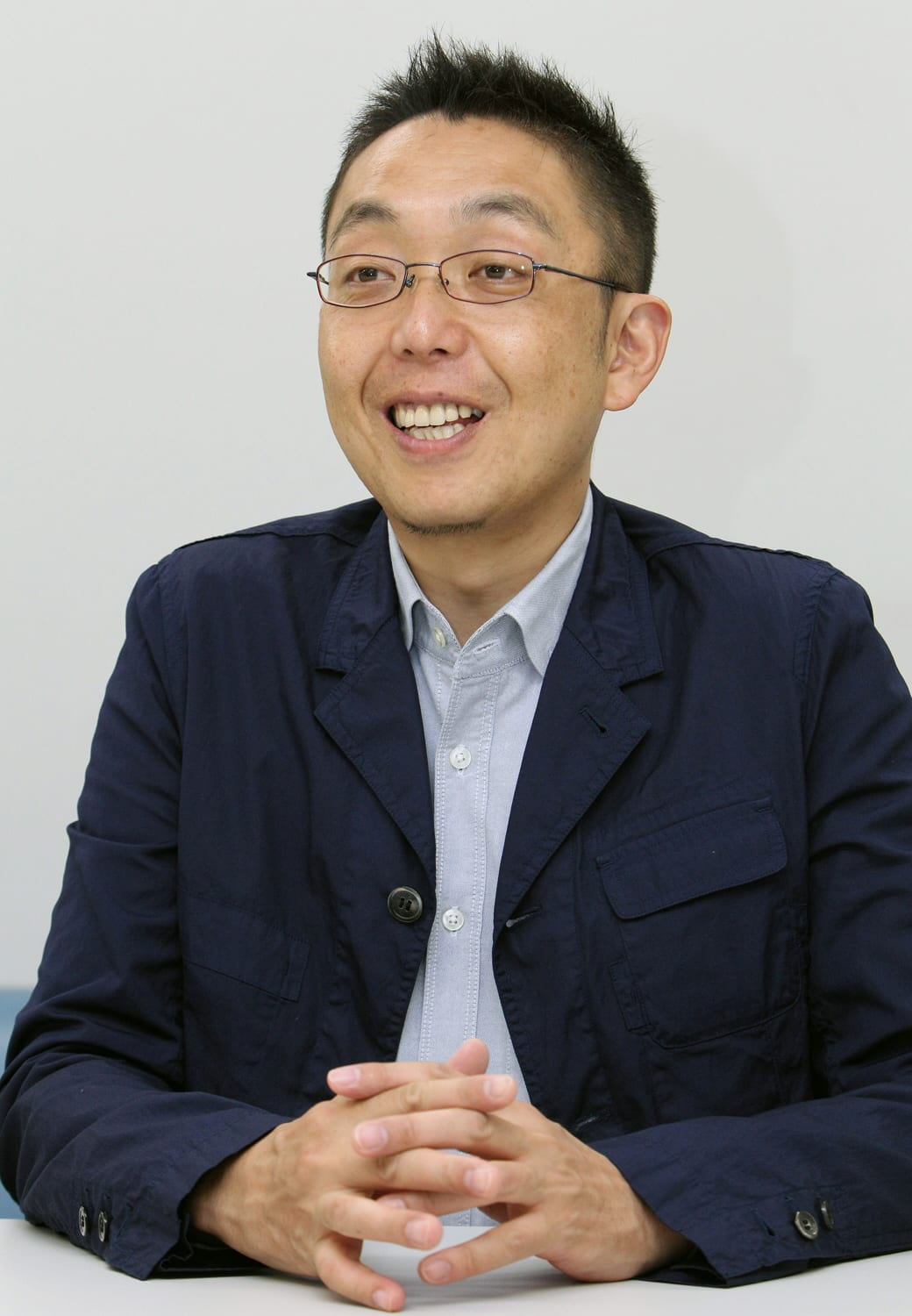
About the Speaker:
Nobuyuki Okumura is currently a Fulbright visiting scholar at the Sigur Center for Asian Studies. He is also a professor at Musashi University in Tokyo.He was originally a news producer/reporter at TV Asahi covering mainly covering politics and diplomacy. He has been actively covering various issues in journalism since he started his academic career as a professor at Ritsumeikan University in Kyoto in 2005. His research topics range from journalism storytelling to telecommunication policy and he has been contributing various web news sites. He holds an M.A. degree from Sophia University in International Relations. He was also awarded the Fulbright Journalist Program award in 2002-03 and conducted research at SAIS, Johns Hopkins University.
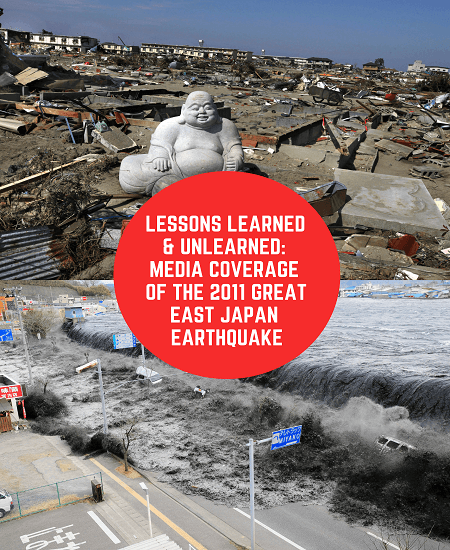
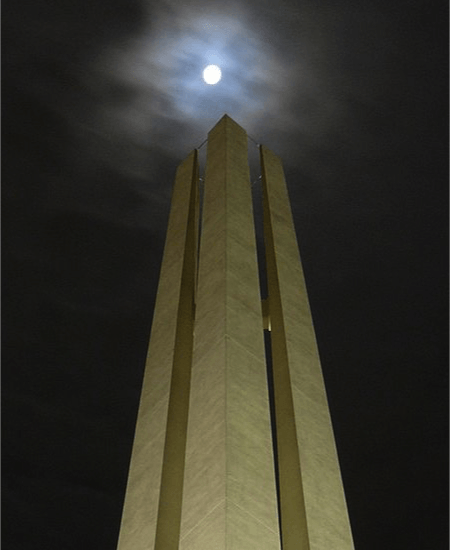

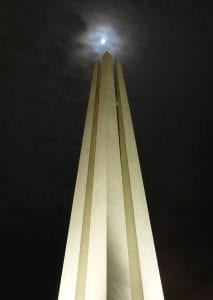
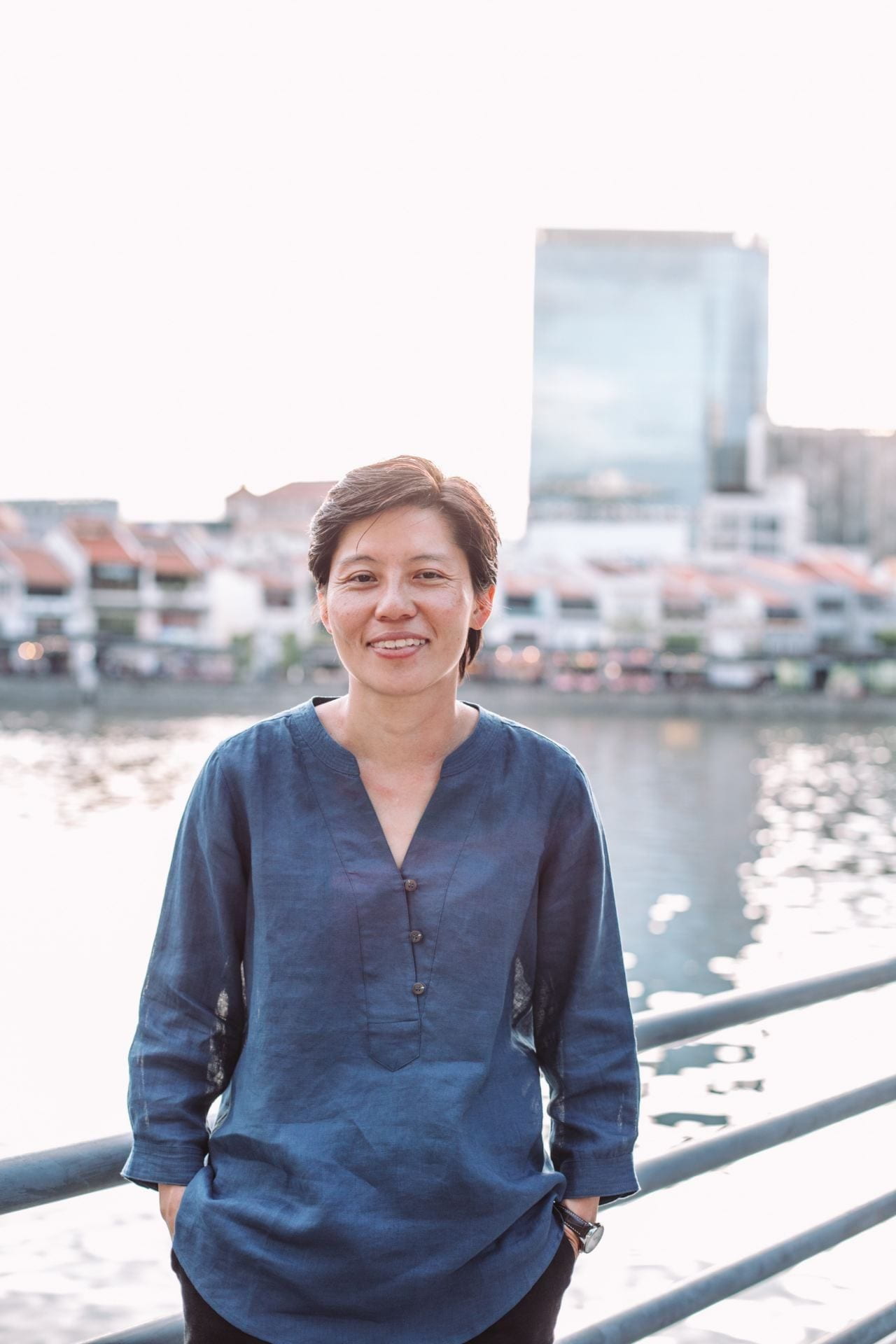

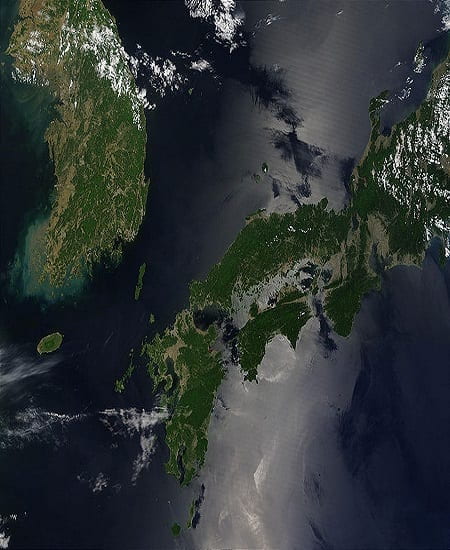


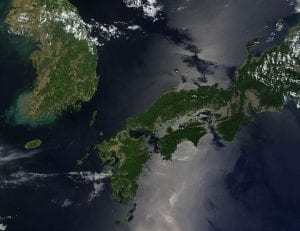
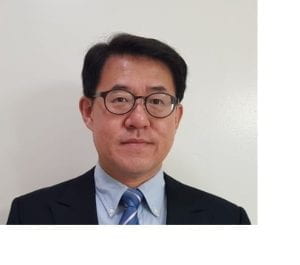
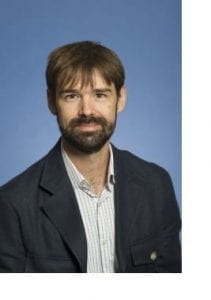 Moderated by:
Moderated by:


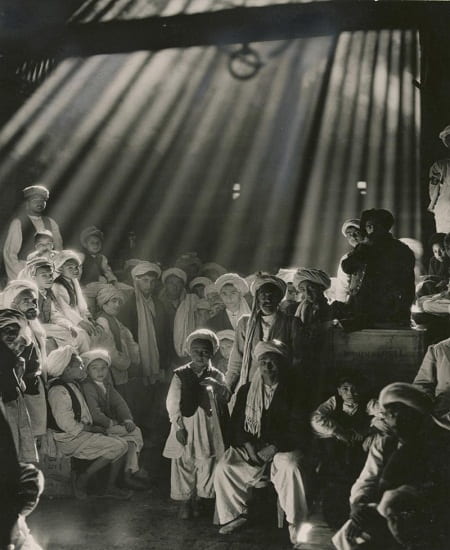
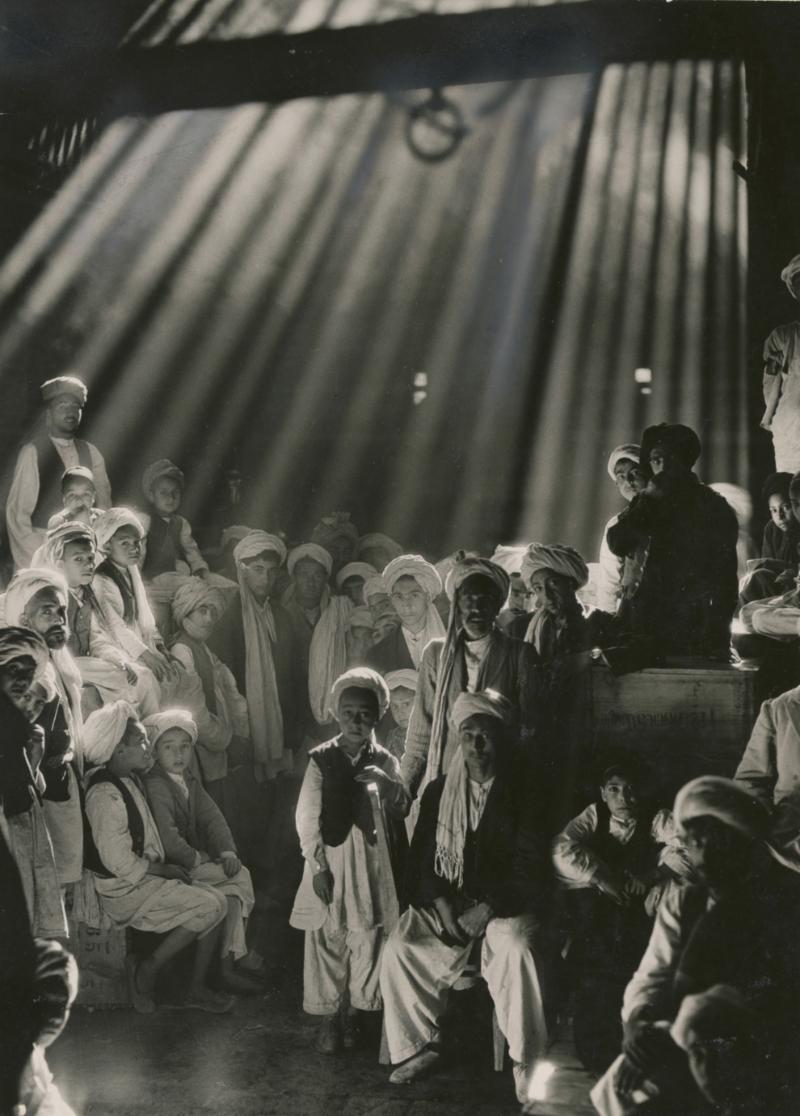
 Maeve Nolan is a second year PhD Art History and Archeology student at the School of Oriental and African Studies, University of London. She is currently a visiting scholar with George Washington University’s Sigur Center whilst she conducts her research at the National Geographic Society. The title of her PhD is:
Maeve Nolan is a second year PhD Art History and Archeology student at the School of Oriental and African Studies, University of London. She is currently a visiting scholar with George Washington University’s Sigur Center whilst she conducts her research at the National Geographic Society. The title of her PhD is: